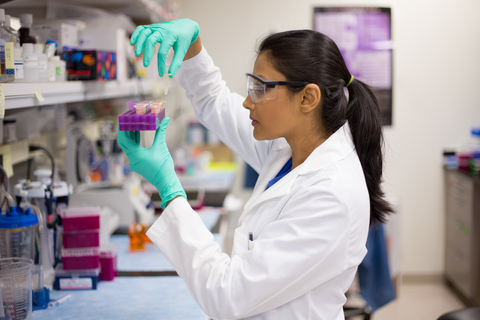New Medicine Service will save NHS England £517.6m

A team of health economists has found a scheme launched by the Department of Health in 2011 to help patients stick to their drug regimens has been so successful, that in its first five years, it will save NHS England £517.6m in the long-term.
The study was conducted by experts at the Universities of Manchester, Nottingham, UCL and a Patient and Public Representative.
The team said, even in the short term, the scheme, where pharmacists are paid £24.60 each time they look after a patient as part of NMS has saved the NHS £75.4m.
The team used self reported adherence at ten weeks, considered the minimum time required to demonstrate behavioural change in a sample of five hundred and three patients. Rachel Elliott said “On the basis of the evidence we have gathered for this research, we strongly recommend that NMS should continue to be commissioned in the future. Our study suggests NMS increased patient medicine adherence compared with normal practice, which translated into increased health gain at reduced overall cost. This is a simple intervention which has been popular with community pharmacists and patients, and is transferable into most therapeutic areas. Some medicines, for example, can have early adverse effects but they subside over time such as anti-depressants. And we also believe these findings are likely to have applicability to other health care systems, including those based on insurance.”
From inception of the NMS to the end of August 2016, 3.59 million consultations have been claimed for with over 820, 000 in 2015/16, according to the researchers. Of 11,495 community pharmacies in England, 91.2% had delivered the NMS to at least one patient between November 2011 and January 2014, according to NHS Business Services Authority.
Rachel Elliott said “These are significant benefits for two reasons because so many patients have experienced the service. We also think our figures are probably on the conservative side given probable patient recruitment bias, use of self-report of adherence, and the assumption that all the patients in the intervention arm actually received the NMS.”
Non-adherence is common in diseases such as chronic obstructive pulmonary disease where only 33% of patients continue their drugs after ten weeks. In schizophrenia the figure is 52%, asthma 67% and diabetes 78%. According to previous research, the costs to NHS England of non-adherence is over £930m per year in just five diseases; asthma, type 2 diabetes, high cholesterol/coronary heart disease, hypertension, and schizophrenia. To tackle the problem, which causes reduced quality of life, increased hospitalisations and premature deaths, the Department of Health launched the NMS six years ago.
The open access paper was published in PharmacoEconomics.








